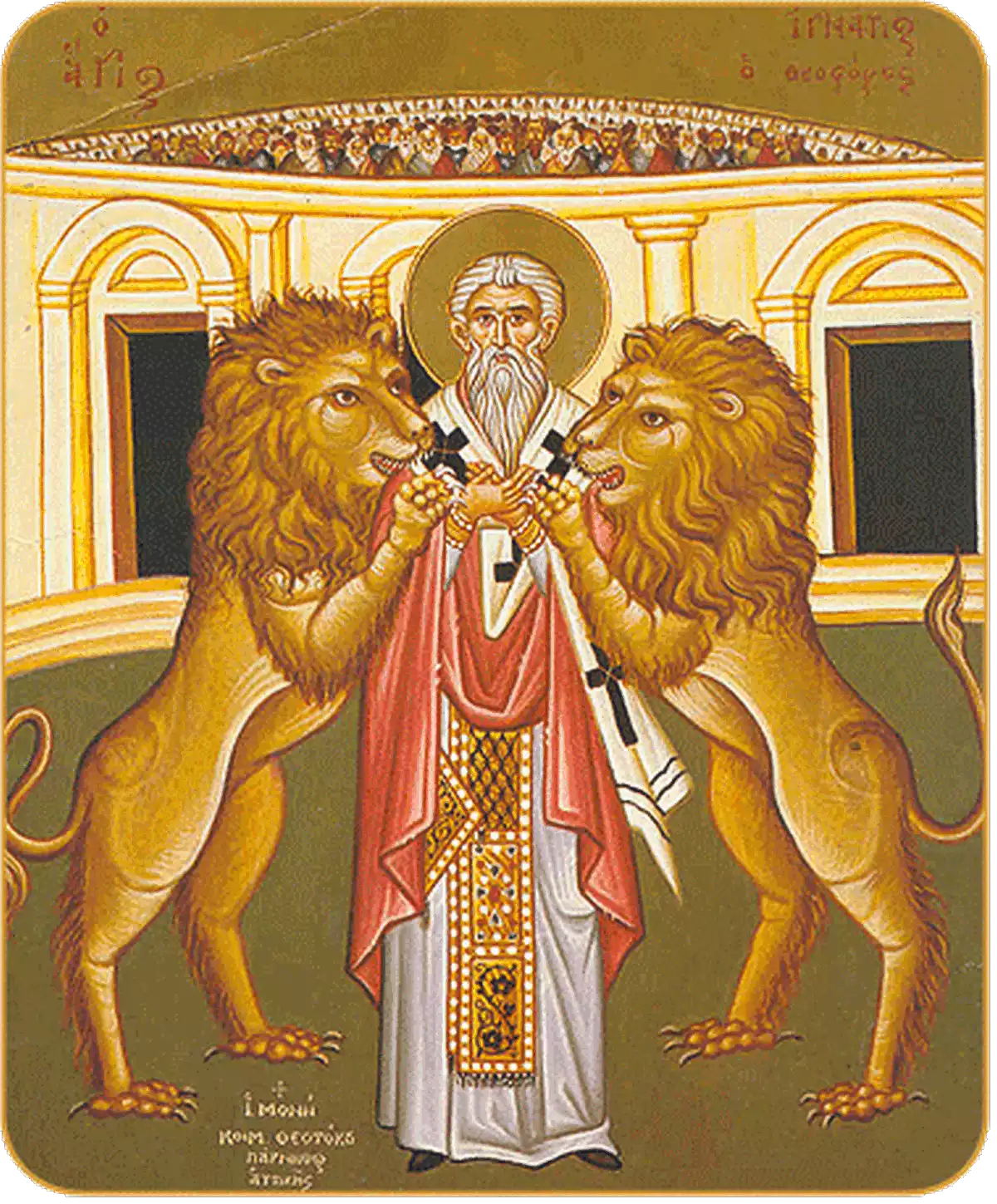
Ignatius’ Epoch: The Dawn of Universal Christianity
The era of Ignatius of Antioch was a crucible of religious and cultural transformation. As the early Church grappled with its identity and purpose, Ignatius stood at the forefront, championing a vision of unity that would define Christianity’s trajectory. His conception of the ‘catholic’ Church was revolutionary, embedding in its very name the principle of universality. This was not a church confined by walls or borders but a spiritual home for all humanity, transcending divisions and embracing diversity. Ignatius’ journey, from his early days in the Levant to his ultimate martyrdom, was a testament to his unshakeable faith and unwavering conviction in this universal calling. His letters, penned during his arduous journey to Rome, are not just historical documents but reservoirs of wisdom, offering insights into the challenges and aspirations of the early Christian community. These epistles, suffused with passion and eloquence, reveal a leader who was both a theologian and a shepherd, guiding his flock with a blend of doctrinal clarity and pastoral care. In these writings, we discern the contours of a Church that aspires to be catholic in the truest sense – all-embracing, inclusive, and boundless in its reach.
The Legacy and Influence of Ignatius’ Vision
Bishop Ignatius of Antioch’s concept of a ‘catholic’ Church, with its roots deeply entrenched in the early second century, has echoed through the ages, shaping the course of Christian theology and communal identity. His envisioning of a Church universal transcended mere theoretical discourse, infiltrating the very sinews of ecclesiastical practice and belief. His influence is palpable in the subsequent councils and creeds, which sought to embody this universality in doctrine and deed. Moreover, Ignatius’ emphasis on ecclesiastical hierarchy and unity laid foundational stones for the Church’s structural and spiritual development. His teachings on the roles of bishops, priests, and deacons not only structured early Christian communities but also offered a model that endures in various forms across denominations. His advocacy for unity under legitimate ecclesiastical authority remains a cornerstone in the discourse of Church governance. The reverberations of Ignatius’ thought are not confined to ecclesiology; they permeate the very ethos of Christian spirituality and communal life. His call to love, unity, and obedience, grounded in a Christ-centric faith, continues to inspire and challenge believers. Ignatius’ martyrdom, a profound testament to his faith, further cements his status as a beacon of Christian courage and conviction.
Ignatius of Antioch, a luminary in the early Christian firmament, bestowed upon the Church an enduring legacy through his concept of ‘catholic’ universality. His life, teachings, and martyrdom encapsulate the essence of early Christian zeal and theological profundity. Ignatius’ vision of a universal Church, bound by love, faith, and unity, continues to resonate, guiding the Christian community in its continuous journey towards spiritual fulfilment and communal harmony. His enduring influence underscores the power of visionary leadership in shaping religious thought and practice, making his contribution to Christianity both timeless and transformative.
References
Foster, M. (2017). Early Christian Thinkers: The Lives and Legacies of Twelve Key Figures”. I.B. Tauris.
Harris, R. (2019). “The Life and Theology of Ignatius of Antioch”. Oxford University Press.
Schoedel, W.R. (2001). “Ignatius of Antioch: A Commentary on the Letters of Ignatius of Antioch”. Fortress Press.
Trevett, C. (1996). “Ignatius of Antioch and the Second Sophistic”. Studien und Texte zu Antike und Christentum. Mohr Siebeck.
